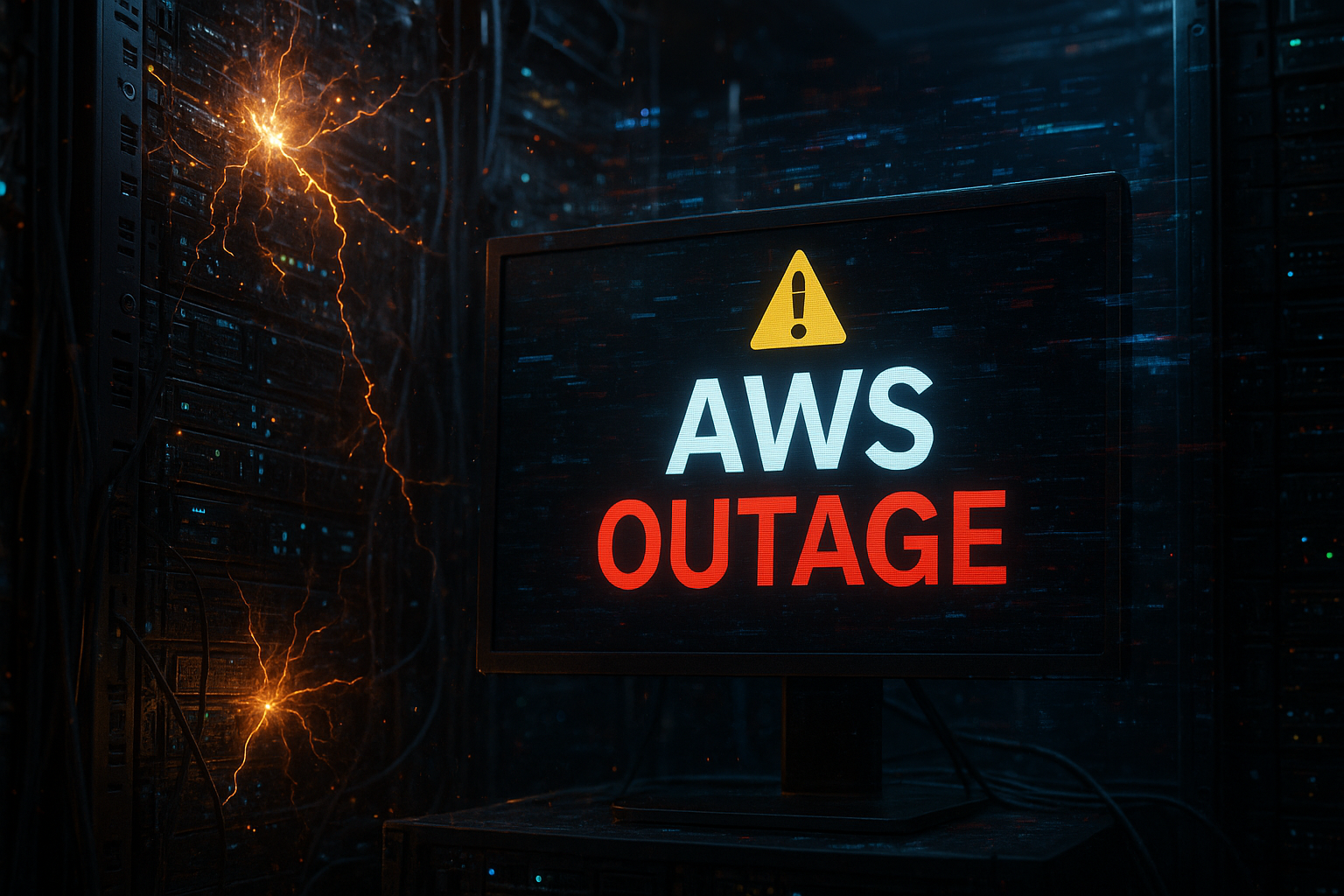AWS Outage Disrupts Key Crypto Platforms like Coinbase, Robinhood, and MetaMask

Amazon Web Services (AWS) suffered a significant outage on Monday that rippled through the cryptocurrency ecosystem, forcing several major platforms to grapple with service interruptions. The disruption hit hardest on the East Coast, where users encountered delays in trading, transfers, and blockchain transactions. This event underscored the vulnerabilities in digital asset infrastructure, as platforms reliant on AWS scrambled to mitigate the fallout.
Coinbase, one of the largest cryptocurrency exchanges, faced prolonged downtime that extended into the afternoon. Customers reported inability to perform essential tasks like buying, selling, or moving assets between wallets. The company issued updates confirming the issues stemmed from AWS dependencies, leaving traders sidelined during a volatile market period.
Robinhood, another popular trading app, encountered similar hurdles but recovered more swiftly. Initial reports indicated temporary halts in crypto transactions, yet the platform announced full restoration within hours. This quicker rebound allowed users to resume activities sooner, though some lingering frustrations persisted among those affected early in the day.
Stay In The Loop and Never Miss Important Crypto News
Sign up and be the first to know when we publishLingering Effects on NFT and Wallet Services
OpenSea, the leading NFT marketplace, dealt with cascading problems tied to its upstream providers. While the core platform stayed online, third-party services under AWS strain caused sporadic outages and higher error rates. CTO Chris Maddern explained that these dependencies created bottlenecks, projecting resolution would stretch into the evening as fixes rolled out gradually.
MetaMask users, a staple for decentralized finance enthusiasts, woke up to alarming zero-balance displays in their wallets. The popular browser extension pulls data from Infura, which saw widespread failures across Ethereum and several layer-2 networks. Affected chains included Base, Polygon, Optimism, Arbitrum, Linea, and Scroll, where data retrieval stalled and sparked community-wide anxiety over asset visibility.
Infura's downtime amplified the chaos, as it serves as a critical gateway for blockchain queries. Developers and everyday users alike turned to alternative nodes, but the sudden shift overwhelmed some backups. This episode reminded the sector of the single points of failure that can disrupt even the most distributed systems.
Joseph Lubin, the founder and CEO of Consensys, which is the parent company of Infura and MetaMask, acknowledged the AWS centralization issue, posting a "Decentralize Now" image to social media saying "We need epic fails like this to show us where to decentralize next and better."
Base, Coinbase's Ethereum layer-2 network, initially signaled a return to normalcy in the afternoon before setbacks reemerged. Transaction processing slowed dramatically, with blocks arriving irregularly and latencies building up. The network's status page flipped between green and red alerts, extending uncertainty for DeFi protocols and dApps built on its rails.
The outage's scope revealed how deeply the crypto industry leans on centralized cloud providers, even as narratives around decentralization dominate discussions. Platforms like these handle billions in daily volume, making any hiccup a potential flashpoint for user trust. Recovery efforts involved rerouting traffic and scaling alternative resources, but the process tested operational resilience across the board.
In a silver lining amid the turmoil, Ethereum's gas fees plummeted to historic lows below 0.1 gwei, as tracked by Etherscan. This drop marked a fraction of the prior day's costs and a mere sliver of recent monthly averages. Lower fees eased on-chain activity for those who could navigate the disruptions, offering a brief window of efficiency during the broader slowdown.

